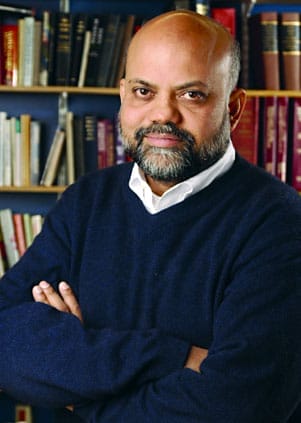 The idea for GrameenPhone came to Iqbal Quadir during an afternoon of on-the-job frustration in 1993. His investment banking office’s computer network had failed, stymieing his efforts to work.
The idea for GrameenPhone came to Iqbal Quadir during an afternoon of on-the-job frustration in 1993. His investment banking office’s computer network had failed, stymieing his efforts to work.
As he sat there, he recalled another wasted day in 1971 when he was 13 and living with his family in a rural village in Bangladesh to escape a war that was ravaging the big cities. Since there were no phones, his mother sent him to a nearby village to fetch medicine. He walked eight miles only to find that the pharmacist was gone for the day and he had wasted the day walking. All for the lack of a telephone to call ahead.
Sitting in front of his disconnected computer in New York City 22 years later, a realization dawned: If connectivity meant productivity, then it must be a weapon against poverty. That started the wheels turning on an amazing micro-lending partnership that eventually would bring 200,000 phones to Bangladeshi villages through GrameenPhone, serving 80 million people with an average of 400 people using each of those phones.
Today, GrameenPhone has become a tremendous financial success. A group of Americans who backed him originally collectively put in $1.65 million and got $33 million back eight years later selling their stake. In addition to the 200,000 phones distributed to villagers, GrameenPhone installed another 6 million throughout Bangladesh. Competitors have added an additional 4 million units since the government issued its licenses, and growth should double again soon.
Selling his own shares in GrameenPhone made Quadir financially independent, and he’s using that status to build other socially conscious ventures. He created a foundation in America dedicated to development in Bangladesh. And Quadir himself is never far from his next big idea. Currently, he is working to install minipower plants that use cow manure as fuel to provide electricity.

























